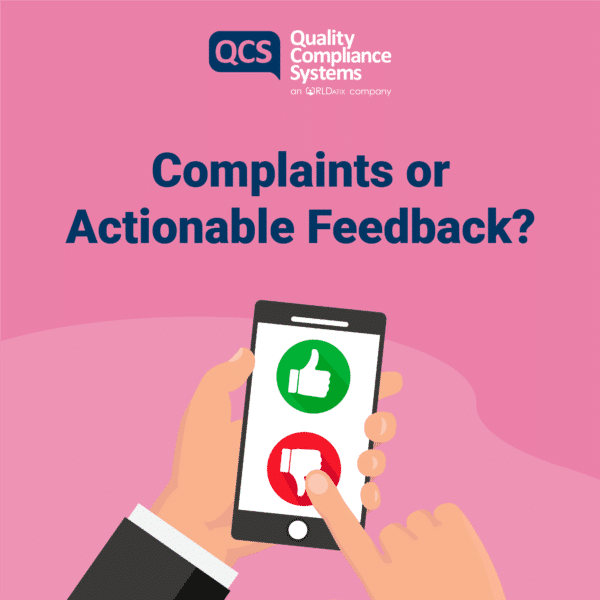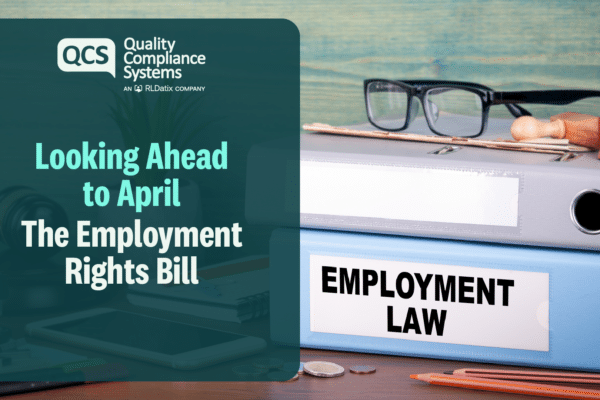Complaints, as awful as it sounds are a part of daily life. From my 5-year-old stating that the toast has not been cut into the ‘correct’ shape to my husband compiling an email to a stockist who shipped the wrong item, ‘complaining’ is a part of life, it is how we shape our lives based upon our own wants, needs and desires.
In social care the word complaint can send a shudder down the spine of even the most confident of managers – yet another problem to deal with. What if we could reframe that narrative? What if we could embrace comments and complaints as feedback, guidance for us to improve, and essentially take our ego out of the equation. Granted, in a hurry in the morning I was not impressed to receive wrong shape toast feedback but levelling with the mindset of a 5-year-old, who needs her food not to be touching and changes her mind one week to the next, I should have known better, done the simple thing and asked – my reflective practice and vow to act differently next time.
Apply that mindset to social care and already you are leaps and bounds ahead of the game and your own stress levels!
It’s important to acknowledge that minor feedback, such as ‘I’d prefer my call an hour earlier please’ or ‘I would like male carers only please’, whilst are not ‘bring out the big guns’ formal complaints, is feedback that requires addressing – in the eyes of the regulator such feedback would be classed as actionable – I dare say in those eyes would be called a minor complaint. In that sense, calling all regulators, perhaps we could have a reframe around the terminology used? Actional feedback vs formal complaints? That may make it easier for providers to clearly determine and be more transparent with you about how they deal with feedback. There are many providers who fear the repercussions of opening Pandora’s box of complaints and so fail to include minor feedback in that box, stating that they simply do not have complaints from service users as it never gets to that official stage.
So, what can we do at this stage whilst minor feedback (which is encouraged) is essentially classed (officially) as a complaint without feeling bogged down?
- Have an Actionable Feedback Record/Log (this is for your minor but of course actionable feedback)
- Make sure you get back to whoever made the actionable feedback referral
- This reframe in terminology is a positive step for all staff to embrace feedback to ‘get it right’
- Have a Formal Complaints Record/Log
- Naturally, follow the process accordingly
- Formal complaints will happen – it is the nature of dealing with people. However, hopefully by embracing actionable feedback the formal complaints will be fewer and far between
At QCS as well as our policies and procedures, we have a wide range of resources and guidance to help you on your way with not just building, but maintaining a successful social care business.





